Explore the top rated Grand Rapids drug rehabs with confidence. We've analyzed each of the 38 addiction treatment centers in Grand Rapids, MI for patient reviews, clinical credentials, transparency, and brand reputation to identify the best rehab programs.
Filter by inpatient, outpatient, detox, health insurance accepted, specialty treatment programs offered, and more to quickly find the perfect drug and alcohol rehab in Grand Rapids today.
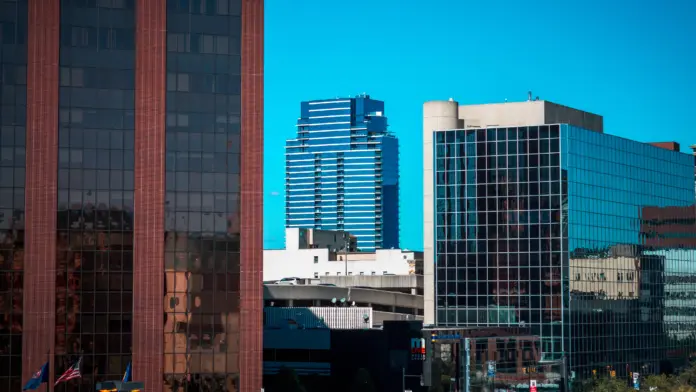
| Name / Address / Rating | Description | Treatments / Programs / Payment Options | Review / Contact | Images | |
|---|---|---|---|---|---|
1
Top 10 Rehab In Grand Rapids
| Pine Rest Christian Mental Health Sources’ Northeast Clinic is a nonprofit substance abuse and behavioral healthcare provider. They offer adult and adolescent clients a variety of outpatient (OP) and telehealth services. Though their philosophy is rooted in Christian teachings, they accept clients from all backgrounds. You'll find 'em located in | Treatments Programs Payment Options | Super agradecida con la terapeuta de mi niña que de casualidad se llama igual que ella es sumamente agradable empatica y toma su trabajo muy en serio mi niña se siente confiada cuando habla con ella dice que es como una buena amiga les agradezco a todo el personal son muy atentos Gracias Nicole chaput por ayudar a mi niña a convertirse poco a poco en alguien más fuerte mentalmente y aunque a mi niña le falta todavía se que usted la ayudara tendrás mi agradecimiento de madre toda la vida
Yalixsy Ramos
1 year ago
I’ve been through 3 therapists at this clinic, they were very nice people. The service is great, the ladies at the desks are always kind and helpful.
Only things I would say is that sometimes the therapists go against your opinions and judgement and make you feel out of place or out of control. BUT all of my experiences here have been pleasant. Loved my past two therapists, Mattie DeBoe (no longer a therapist, moved to higher position) and Kelly anthi.
Compared to pine rests outpatient/inpatient care facility, this place is paradise. Their inpatient and outpatient facility has many many issues with the inpatient and resident facilities, the outpatient facilities are very helpful and welcoming, quite opposite of the inpatient.
Taylor Oosting
6 years ago
Very Friendly and Professional. Felt very comfortable with everyone. Laura Felton is my Dr. I feel comfortable and welcome anyplace I go and She is there. She is a Awesome Dr.
Rose Homrich
8 years ago
| 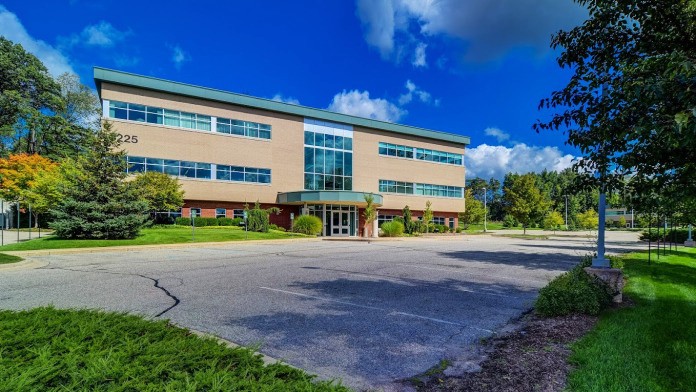
5 5 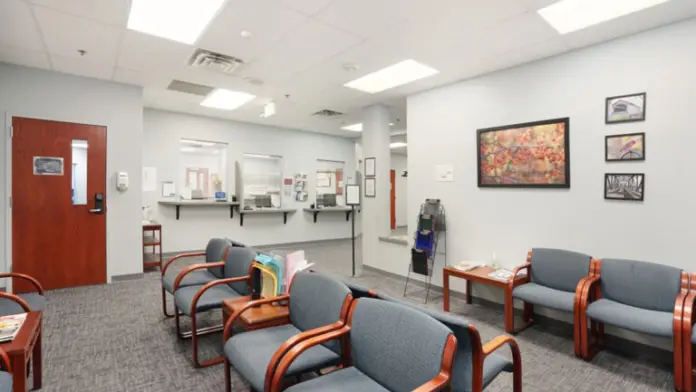
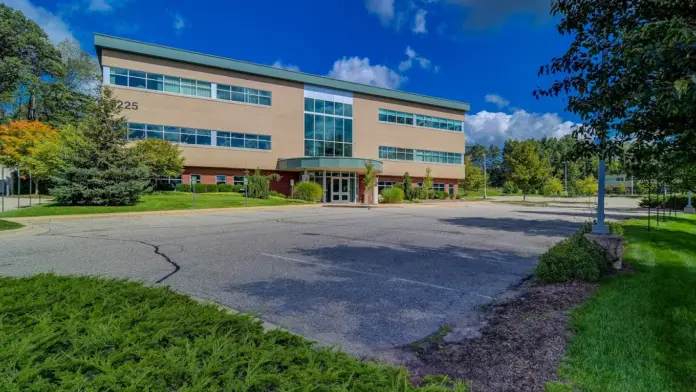
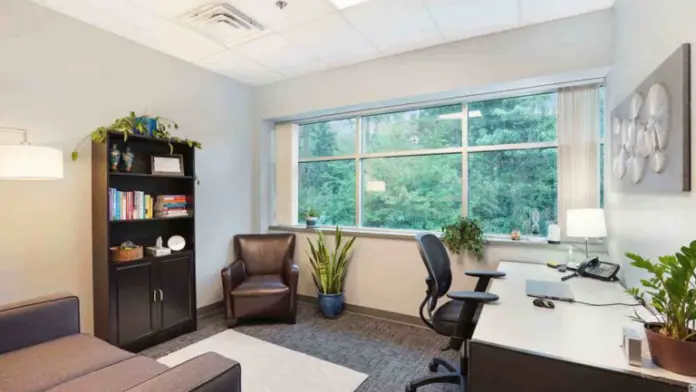
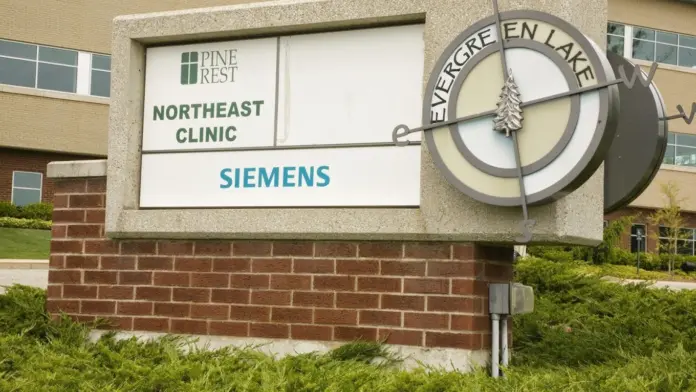
| |
2
Top 10 Rehab In Grand Rapids
| The Salvation Army’s Turning Point center is a nonprofit substance abuse treatment program. They provide adults with a continuum of services including detox, inpatient (IP) and outpatient (OP) treatment, and dual diagnosis care. The Turning Point program guides clients through the process of changing addictive behaviors through holistic methods. | Treatments Programs Payment Options | They are the nicest people there very friendly great place to go for rehab
Tam St
10 months ago
In the army
Guero Rodriguez
1 year ago
An excellent place to go if you have an out of control addiction and need help. Or if you just fell off and need a hand getting back up.
Friendly staff, smoke breaks, ample time to socialize and work out our problems amongst ourselves... the place is amazing. And welcoming to people that return.
We can't all always get it right on the first go around. Sometimes it takes two, three, four... hell, even thirty tries. But admitting that there's a problem and working to fix it is the first step. And this place is an excellent resource if you need that kind of help.
I'm also an atheist. If you're worried about going to a church-affiliated group, don't be. They take a light touch with religion (mostly stuff in the daily readings), and try to be open to everyone. Same goes for LGBTQ+ folk: this is a safe place.
If you need help, these folks are who you need to get started
ReverendLondo
2 years ago
| 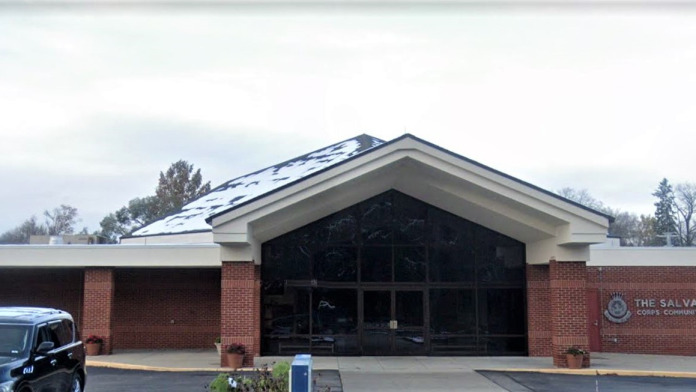
2 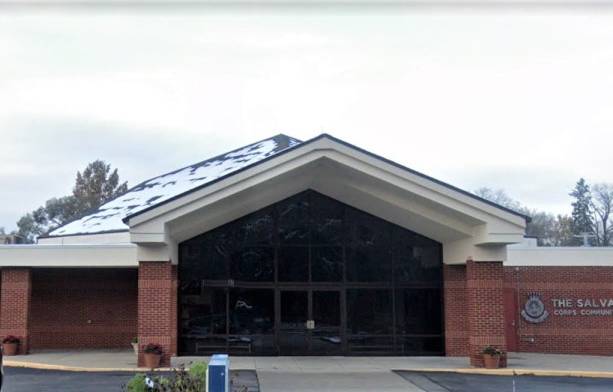
| |
3
Top 10 Rehab In Grand Rapids
| Arbor Circle - Main Campus in Grand Rapids, Michigan, offers much more than just substance abuse treatment. They also have counseling, family and child services and mental health supports for adults and youth. There are youth oriented mental health and homelessness support programs and emergency shelters. Intensive outpatient programs are available | Treatments Programs Payment Options | WENT HERE A COUPLE FEW DAYZ AGO THEY GAVE ME TWO FREE WINTER COATS SOME HATS,GLOVES,&A SCARF! THEY ALWAYZ DO ME SOOOO WELL THEIR BEYOND AMAZING THEY HELP WOTH WITH A TON OF THINGS I STOP IN FOR HELP ON PERSONALS EVER SO OFTEN, FOR A WATER,OR EVEN JIS TO USE THE BATHROOM & THEIR JIS ALWAYS SOOOO VERY HELPFUL BEYOND MEASURES! I LOVE THIS PLACE I LOVE THEM ALL GENUINELY AN I WILL MISS THIS BLESSING WHEN I MOVE OR IF THEY NO LONGER PROVIDE BCUZ WE KNOW OVER THE YEARS THINGS CHANGE! 🥺 BUH I WON'T EVER FORGET ALL THEY'VE DONE FOR ME,ALL THE HELP, FRIENDLY & JIS GOOD LOVING GENUINE GENEROUS GODLY VIBES ALL THE TIME!! MUCH LOVE TO EM ALL & ESPECIALLY TO THE GENTLEMAN I JUS SEEN A COUPLE DAYZ AGO! DON'T WANNA EXPOSE HIS NAME ON THE INTERNET BCUZ I'M NOT SURE HOW'D HE FEEL! BUH I'M ALWAYZ IN GOOD BLESSED HANDZ WHEN GOING TO THIS PLACE!!! 🥰 🥰 🥰 GOD BLESS YU ALL FOREVER TO THEE ABSOLUTE FULLEST!!! 🙏🏾 💕
ThaRealP.Y.T. Neena Sky
1 month ago
Kelsey is a fantastic counselor. Very helpful place if you want better mental health and/or to be sober!
Jeremy Johnson
1 year ago
My therapist and recovery coach r super great. My therapist amanda goes above beyond for me. She deals with my bs and knows how to put me in place in a positive way. Thanks for all that amanda and hope has done for me thru arbor circle
Meagin DeWeese
5 years ago
| 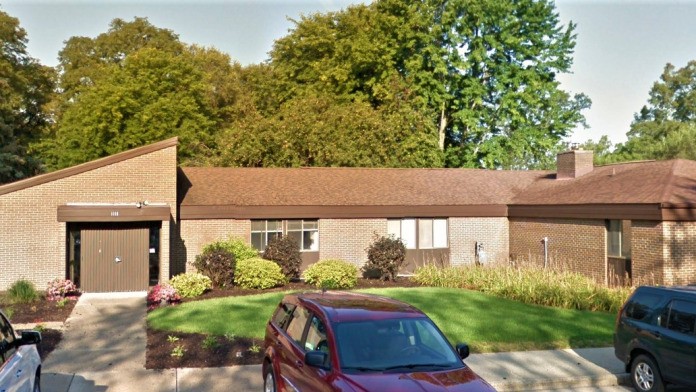
2 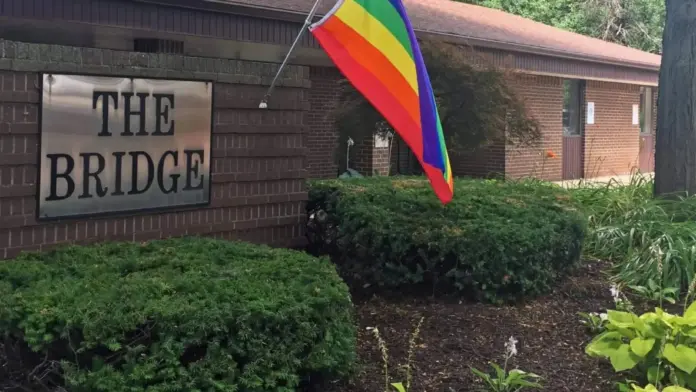
| |
Sandstone Care Tinley ParkAd This is an ad and Sandstone Care Tinley Park is a paid advertiser. Paid advertisers may be listed first in search results. This ad may contain content provided by the advertiser. Rehab.com does not verify ad content or any reviews that are displayed. Learn More Tinley Park, Illinois | At Sandstone Care Tinley Park, we help teens, young adults, and their families overcome challenges with drugs, alcohol, mental health issues, trauma, and addiction in Tinley Park, Illinois. At our Drug and Alcohol Rehab Center, we focus not only on helping individuals overcome substance use, addiction, and co-occurring mental health conditions but | Treatments Programs Payment Options | View Website (888) 491-9937 | Sandstone Care Tinley Park has no reviews yet. Leave a review.
| 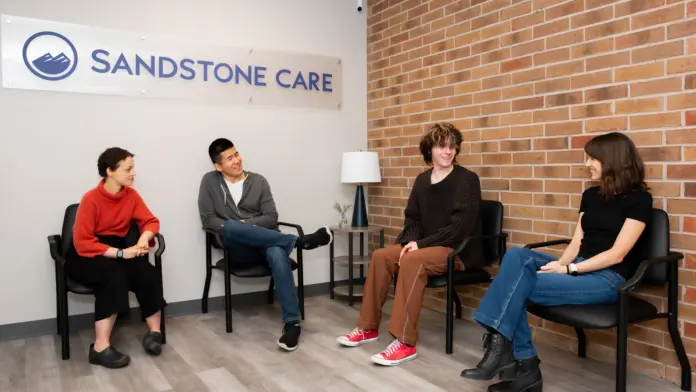
|
Grand Rapids, Michigan | Located in Grand Rapids, Michigan, Easterseals Michigan is a drug addiction treatment facility that helps men and women work through struggles with substance use disorders. Their services are provided in an outpatient setting, and they also offer medically supervised detox overseen by licensed professionals. Helping to address addiction struggles o | Treatments Programs Payment Options | Didn't know what to expect for the evaluations. My son is 3, and they just played with him. He had fun.
The phone calls I did prior were long, but well planned out and filled with great questions we have had a great experience so far.
kylie kotlarczyk
1 year ago
Excellent place that did great with me and my son
Brittany Bell
3 years ago
Awsome place friendly staff
Loran Burns
5 years ago
| 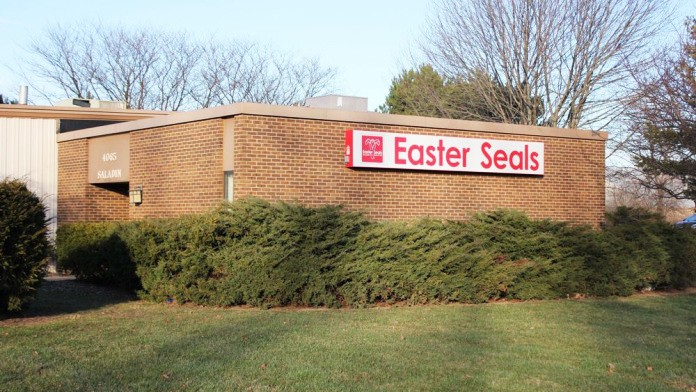
| |
Grand Rapids, Michigan | Hope Network provides a broad range of services in Grand Rapids, Michigan, that includes mental health and substance use disorder treatment. Addiction recovery counseling includes addiction to drugs, alcohol, pornography, gambling, the internet, and anything else that may trigger addictive behavior. The counseling services are provided in an atmosp | Treatments Programs Payment Options | Rickaras
Richard Karas
5 years ago
An incredible organization that helps people overcome challenges.
Steve Ragan
5 years ago
Great place doing amazing work
Damir “Grof” Kesar
5 years ago
| 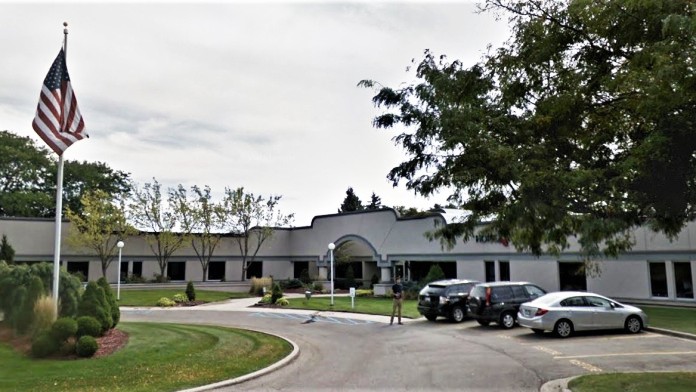
| |
Grand Rapids, Michigan | Cherry Street Health Services’ Southside Health Center is a private drug and alcohol addiction treatment facility. They offer adults and adolescents intensive outpatient care and medication assisted treatment services. Cherry Health offers additional care services that include primary care and behavioral health at different locations throughout t | Treatments Programs Payment Options | Staff is very nice and helpful to me. I love Ll
veronica roby
3 weeks ago
Seriously, this really is a great place. And the people are some of the best people you'll ever meet in the whole wide world.
Veida Queen
3 months ago
Awesome place, filled with Awesome People. They have helped me tremendously. I couldn't be more grateful. Thankyou to everyone there. Definitely a Five Star Experience!!!!
Kurt Tett
10 months ago
| 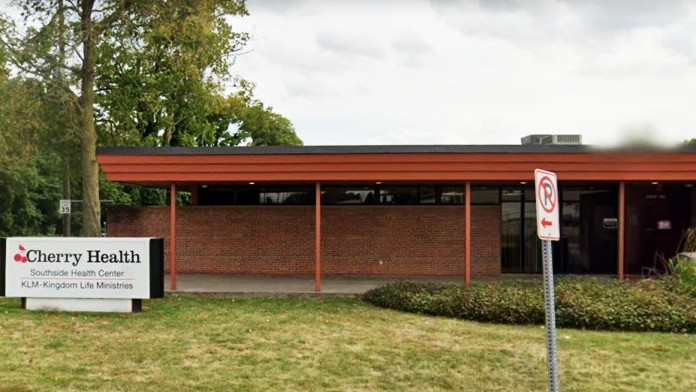
2 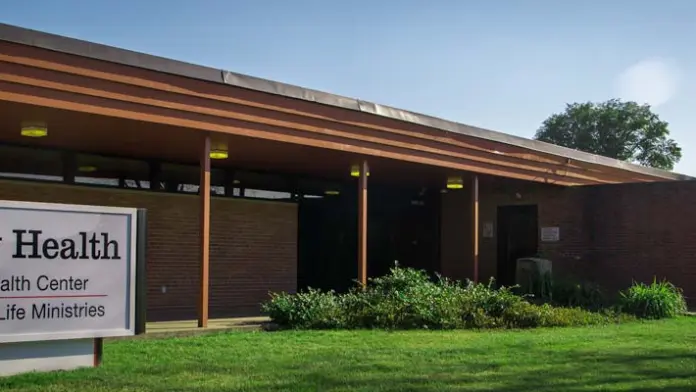
| |
Grand Rapids, Michigan | West Brook Recovery Center is a private rehab located in Grand Rapids, Michigan. West Brook Recovery Center is to provide quality, individualized, comprehensive assessment and treatment to persons who suffer from substance use disorders. West Brook Recovery Center’s treatment philosophy is based on the concept that addiction is a chronic and prog | Treatments Programs Payment Options | Dr. Raymond Yeow treated my mom at Fred and Lena Meijer Heart Center (hospital). He gave exemplary care to her. He sat with family and my mom for over an hour to make sure she understood what her prognosis was and what her care options were. He was kind and compassionate. We appreciated the time and care he gave to all of us.
Leanne Kroll
2 weeks ago
I had my ultrasound at West Michigan cardiology today. check in was quick and efficient My Sonographer was pleasant. And I was in and out less than a half an hour. I am very impressed and I recommend them.
Robin Retzloff
1 month ago
I love Dr Singh, being my cardiologist, I just had an ICD implant. He made me feel wonderful about getting it in at hospital. He is very polite, funny and caring.
Janet Rasmussen
3 months ago
| ||
Grand Rapids, Michigan | Guiding Light Mission, located in Grand Rapids, Michigan is a non-profit alcohol and drug rehab that offers treatment for a variety of substance abuse addictions including alcoholism, co-occurring mental health disorders, and opiate addiction. They offer residential care providing long term support for addiction recovery. Additional levels of care | Treatments Programs Payment Options | This rehab doesn’t sugarcoat recovery, it’s intense, honest, and exactly what I needed to rebuild my life. They taught me accountability, discipline, and self-worth. If you’re ready to change, this is where it happens. Tough love, real support and lasting results. This was the hardest thing I’ve ever done, but also the best. The program challenged me mentally, emotionally, and spiritually.... Those challenges were vital and needed to break old patterns and live life a new way. Clean and sober since Feb 25, 2025.
Cassie Spanke
3 weeks ago
It changed my life!!!!
Timothy TerMolen
1 year ago
An organization that is making a difference in this world.
Mike
2 years ago
| 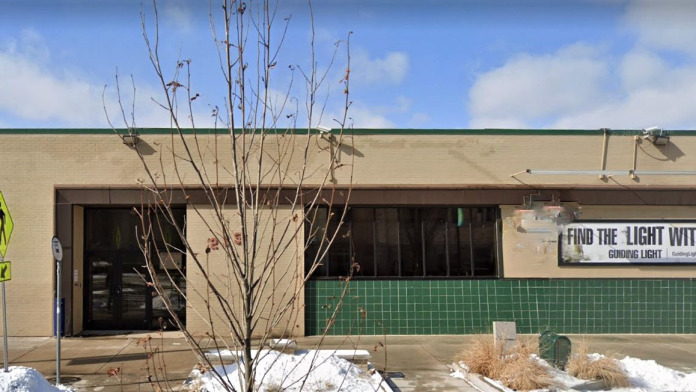
4 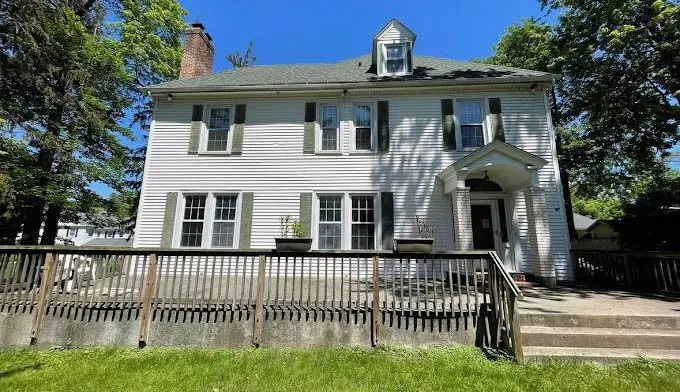
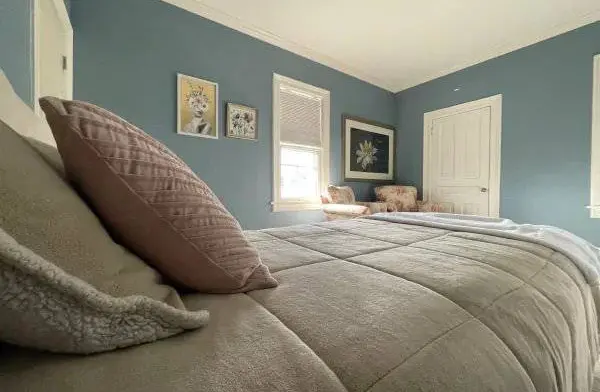
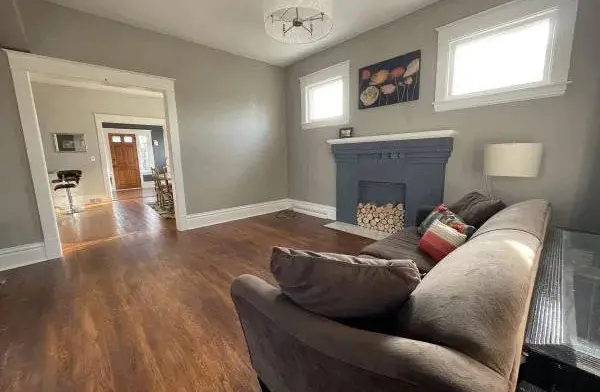
| |
Grand Rapids, Michigan | Located in Grand Rapids, Michigan, Pine Rest Christian Mental Health Services – Christian Counseling Center. Here, they aim to share the healing of Jesus Christ through quality behavioral healthcare. Their services include outpatient addiction and mental health counseling, inpatient care and an intensive outpatient program. They also have a numbe | Treatments Programs Payment Options | Friendly staff, and attentive! Love my councelor!
Melissa Frontjes
1 year ago
This place is great!
Allison Shishakly
3 years ago
Professional staff, excellent atmosphere.
Kathryn Smith
3 years ago
| 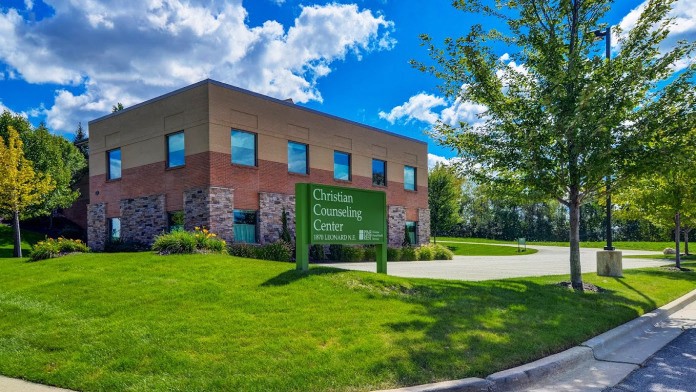
5 5 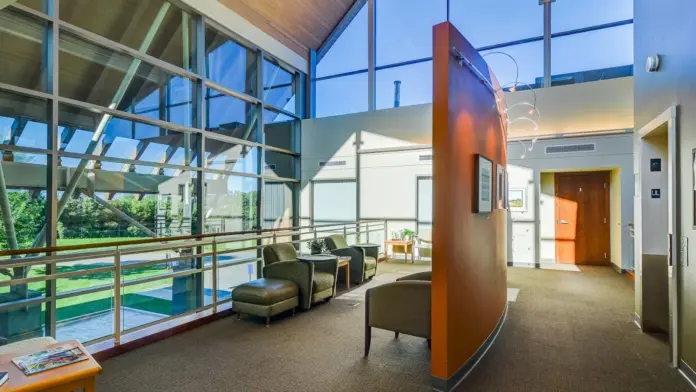
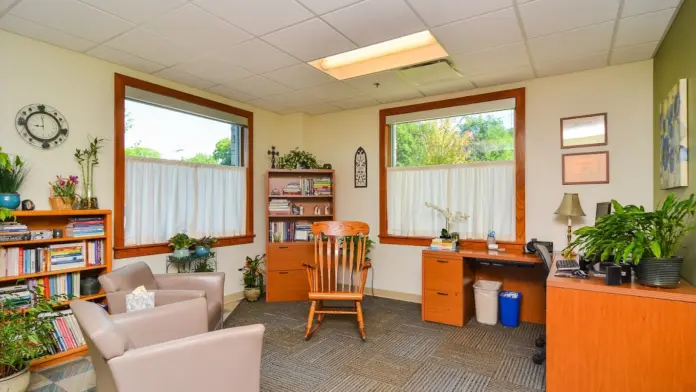
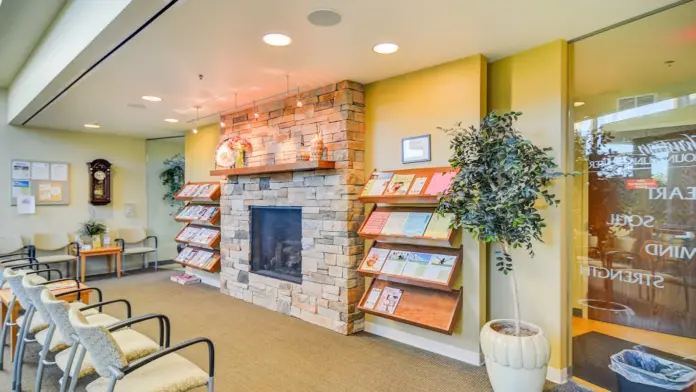
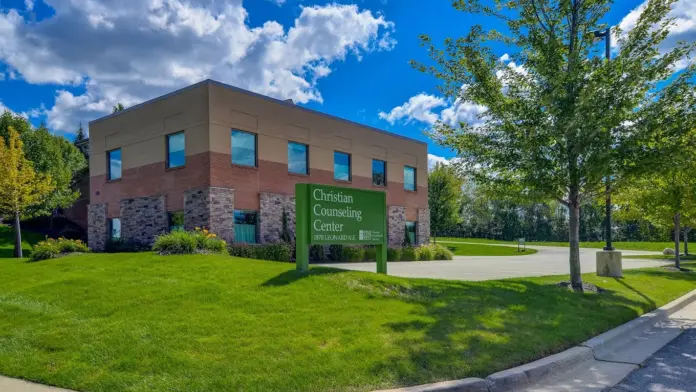
| |
Sandstone Care Treatment CenterAd This is an ad and Sandstone Care Treatment Center is a paid advertiser. Paid advertisers may be listed first in search results. This ad may contain content provided by the advertiser. Rehab.com does not verify ad content or any reviews that are displayed. Learn More Buffalo Grove, Illinois | Our Sandstone Care Treatment Center in Buffalo Grove, Illinois, helps teens, young adults, and their families overcome challenges with drugs, alcohol, mental health issues, trauma, and addiction. At our Drug and Alcohol Rehab Center, we focus on not only helping individuals overcome substance use, addiction, and co-occurring mental health condition | Treatments Programs Payment Options | View Website (888) 491-9937 | Sandstone Care Treatment Center has no reviews yet. Leave a review.
| 
|
Grand Rapids, Michigan | The Family Outreach Center in Grand Rapids, Michigan provides a variety of outpatient services to youth and adults. They have substance use treatment and mental health services as well as recovery support and services for the justice involved. For youth they offer in home services and school based outreach as well as in office care. They focus on | Treatments Programs Payment Options | So far so good. I look forward to my therapy sessions here every week. It’s helped me in many ways.
Xavier Wilson
2 weeks ago
The people that work here are Absolutely Amazing and they REALLY CARE ABOUT PEOPLE, NOT THE MONEY 🤑.
Jenny B.
8 months ago
Gio is great
Brandon Cole
9 months ago
| 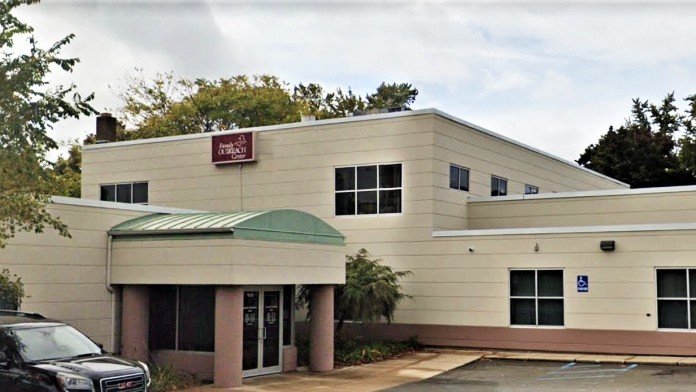
| |
Grand Rapids, Michigan | In the Grand Rapids, Michigan, area, Pine Rest Northwest Clinic provides high quality in person and online addiction recovery services. They offer immediate access to professionals in behavioral health and addiction at all levels including inpatient hospital services. Their licensed clinicians offer therapy and psychiatric services for kids, teens, | Treatments Programs Payment Options | I have been seeing Dr Lisa Hanna going on 6 years now. She helped me get off of some medications that were doing harm to me. She always took things slow, and tapered me off. She always explained why. I used to drive out here from Fruitport until Covid happened.
From there on I have been seeing her via webcam/phone. She always tried to do me good. She got me into therapy services, but I did have to go somewhere else closer to home. My preferences for face to face therapy outweighed the cons of webcam/phone therapy.
Every single time I have had an episode she was always there to help. She never had any anger towards me. She listens to me when I talk about side effects of medications.
She has never forced me to take a specific medication, nor has she ever said "just deal with it." I seen some reviewers here saying the billing is shaky, and that the therapists are not up to par. Literally all the therapists they have are licensed. I never had any issues, and they even let you set up a payment plan.
Pine Rest has changed my life significantly. Everyone there is nice, and courteous. I feel alot of empathy here. They really do enjoy doing what they do.
Mental Health is tricky. You have to come in with an open mind. You have to be willing to put in the work. Everything that they ask you to do is only because they want you to get better. I have never been asked to do anything that made me worse, and when I did get put on a medication that didn't work out. They were always there to listen and adjust accordingly. When I tell them that something works they stick with it.
I have been able to excel in most aspects of life that I used to struggle with since coming here. I definitely feel more connected with my colleagues, and family members.
Thank You Pine Rest!
Robert Craker
1 month ago
My counselor is Paul Hillebrand and he's an excellent counselor. He helps me with my anxiety, worry, stress, autism spectrum, etc. So back in March 2024, which is this year, I met him in person for the first time and that was awesome. The whole Office looks really nice, well taken care of, especially Paul's little Office. Also it's a nice drive out there from where I live, which is Wyoming, and it's my Uncle David's hometown 🏡🏡🪵🌈🌞🌝🌤🏩🏩🏩🧭🧭🧭🧭🧭
Michael Rodriguez
1 year ago
I have been extremely happy with Pine Rest NW. I have seen the same therapist for 8.5 years and she is amazing. My 8 year old recently started seeing a different therapist who has been excellent as well. It can be hard to find the right therapist on the first try but both of us were able to! The office staff is also extremely helpful, friendly, and professional. Thank you!
Kristin Veltema
1 year ago
| 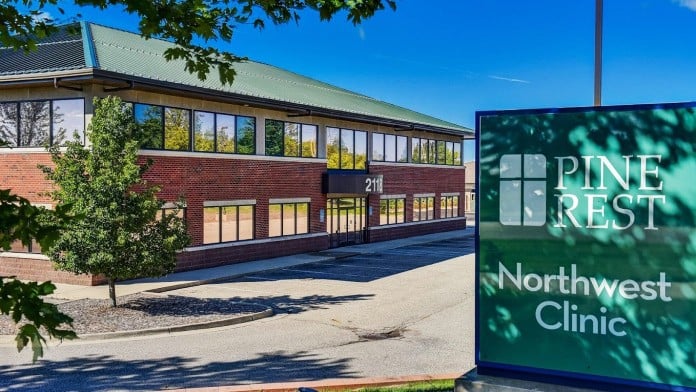
4 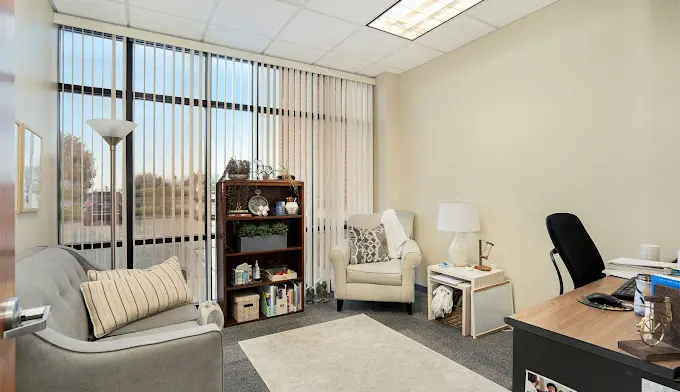
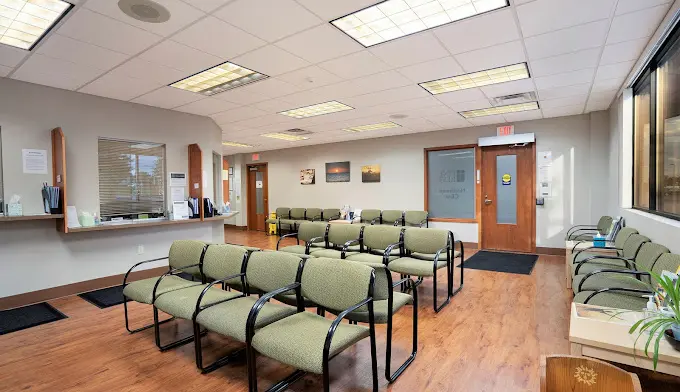
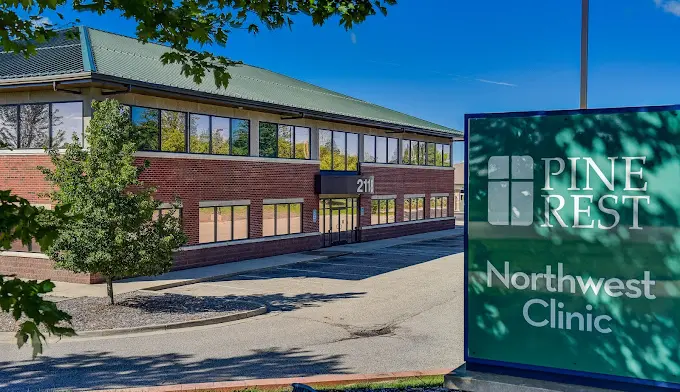
| |
Grand Rapids, Michigan | Wedgwood Christian Services, in Grand Rapids, Michigan, is a faith-based drug and alcohol rehab for adolescents and adults. They offer dual diagnosis care, medication assisted treatment (MAT), residential programming for adolescents, and intensive outpatient (IOP), general outpatient (OP), and aftercare programming for youth and adults. Their resi | Treatments Programs Payment Options | I go through Wedgwood Christian Services for counseling and they are fantastic. Highly highly recommended if you are looking for a Christian counselor!
Erica Jo
9 months ago
I have attended numerous events with wedgewood and they shine the light of the Lord. I am currently able to participate in the NextGen board and couldn't be more thrilled I can help support their mission! Thanks for supporting our community.
Alyssa Nance
11 months ago
Wedgwood is an incredible organization where I had the opportunity to intern in Marketing with the Advancement team. The dedication of the staff and volunteers is truly inspiring. The environment is welcoming, filled with people committed to making a positive impact in the community. I developed my skills and gained confidence, thanks to the support I received during my internship. The stories and impact of Wedgwood’s work are truly uplifting!
Jada Pham
1 year ago
| 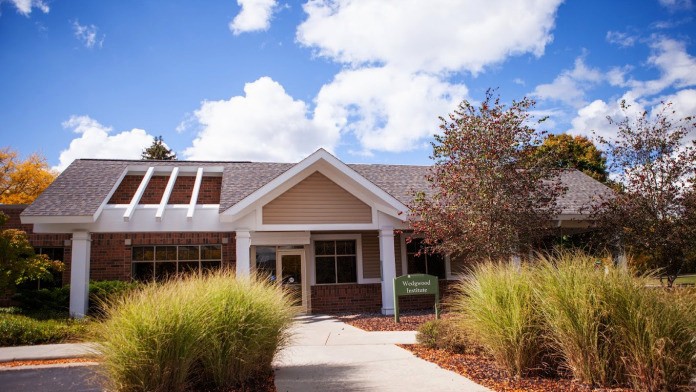
6 6 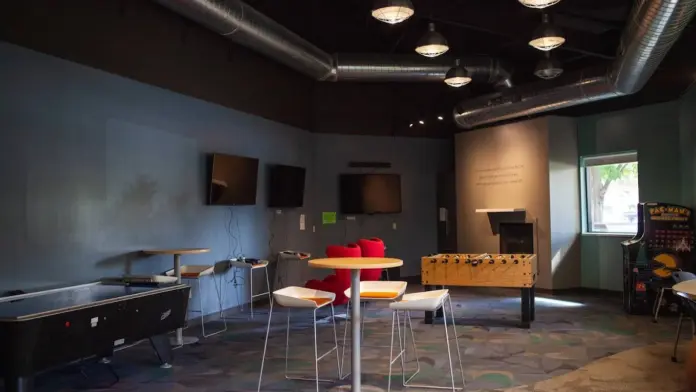
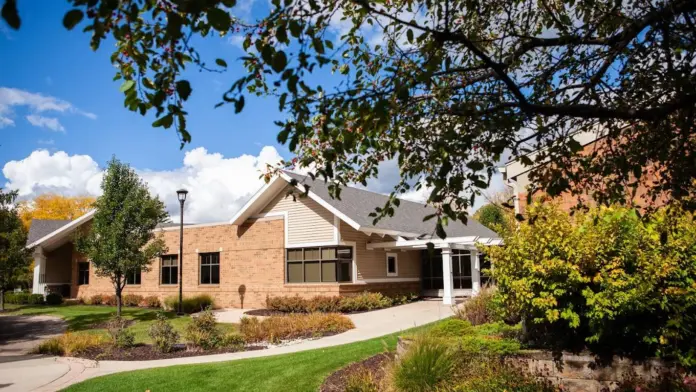
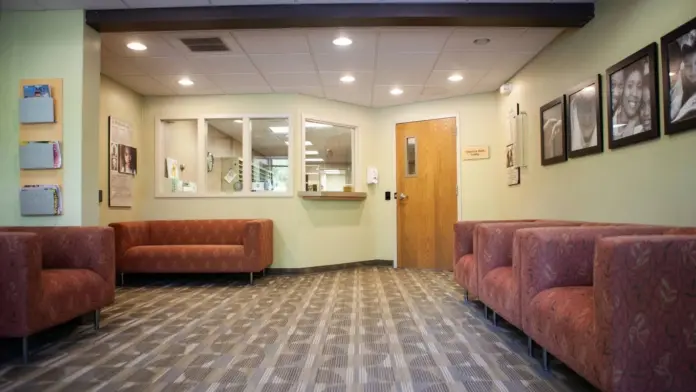
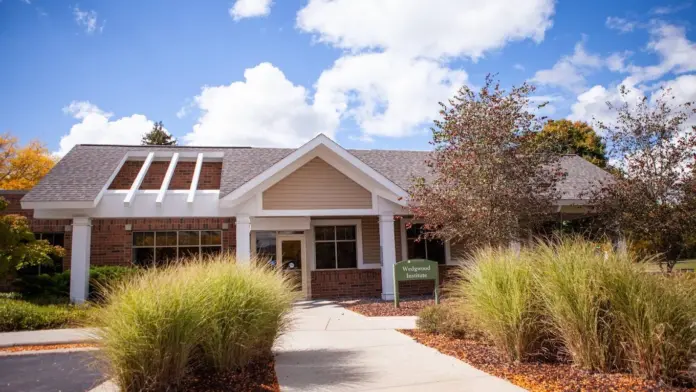
| |
Grand Rapids, Michigan | Our Hope Association is an addiction and mental health treatment facility that’s been dedicated to helping women in and around the Grand Rapids, Michigan, area recover from addiction for over 50 years. The clinic offers counseling, specific education and residential treatment. Our Hope Association currently takes Medicaid and Cigna Insurance. Pat | Treatments Programs Payment Options | I learned so much! I matured and grew! You can’t grow if that’s not the goal
Nancy Parsons
2 months ago
I am an old time alumni of our hope. I loved what I became from there guidance. Kay and jan
Karla Eveland
9 months ago
Hello Everyone Just wanted to post on my favorite peoples web page. I want to Thank You Guys For Changing My Life!!!
Tiffaney
1 year ago
| 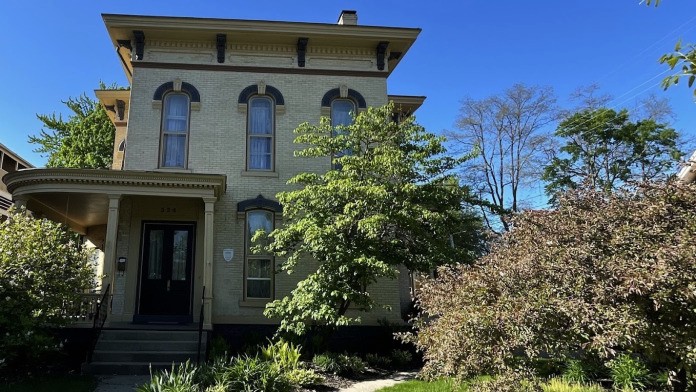
5 5 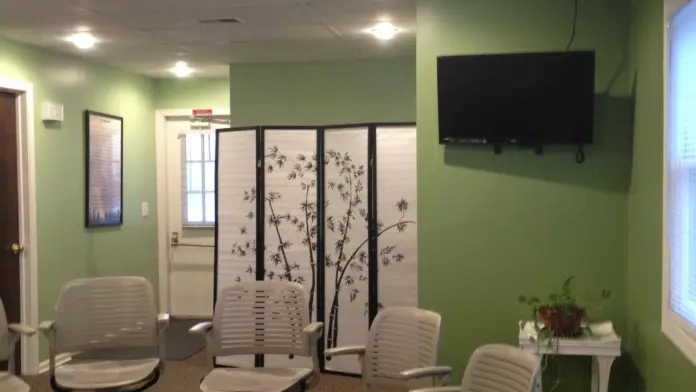
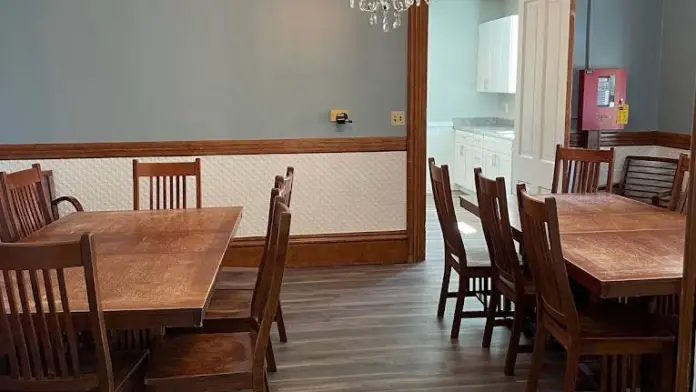
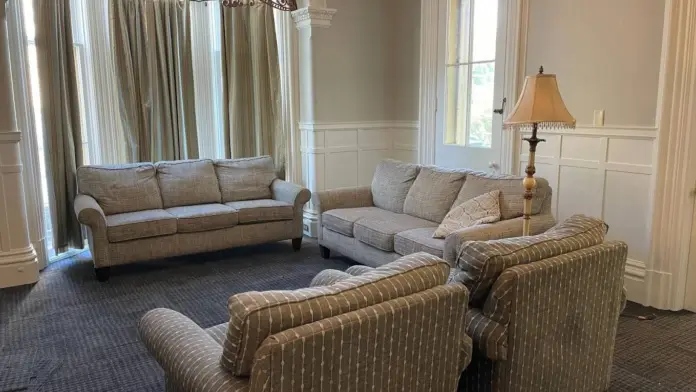
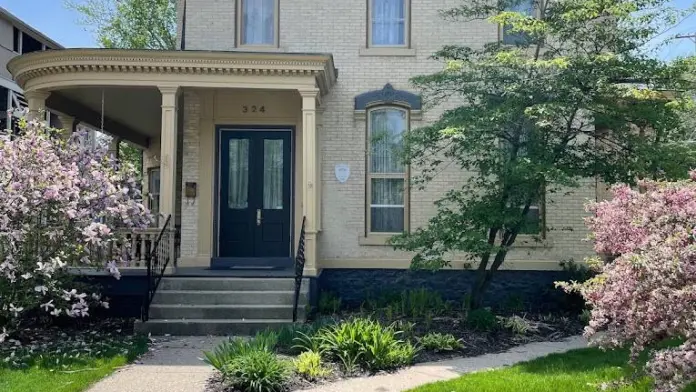
| |
Grand Rapids, Michigan | Network180 is a community-based mental health clinic in Grand Rapids, Michigan. They have a specialized recovery management program for adults with chronic substance use disorder and mental health conditions. Clients who’ve attempted treatment multiple times without success can participate in targeted outpatient care. What’s notable about this | Treatments Programs Payment Options | I want to purchase a 45 cal 1911 and shooting myself in the head with it I have a lot of anxiety when people stare at me too long I feel like my life's in danger and I feel like someone's going to do something to me.
darron mcfadden
1 week ago
Wanting to add a positive perspective ❤️
When you’re told to go to your Medicaid authority and that place has reviews all over the place, you get nervous. However, my experience with N180 has been nothing short of great. You need to be willing to put in the work! But the staff are thoughtful and are always willing to go the extra mile when you need it.
Kayleigh Lemon
4 months ago
The crisis team saved my nephew! Got him set up with a really amazing therapist too after he graduated. Love to see him light up and tell me about his appointments with her.
Sam Wallace
5 months ago
| 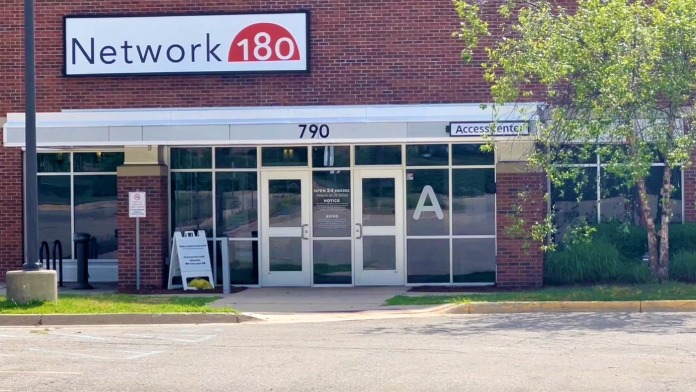
3 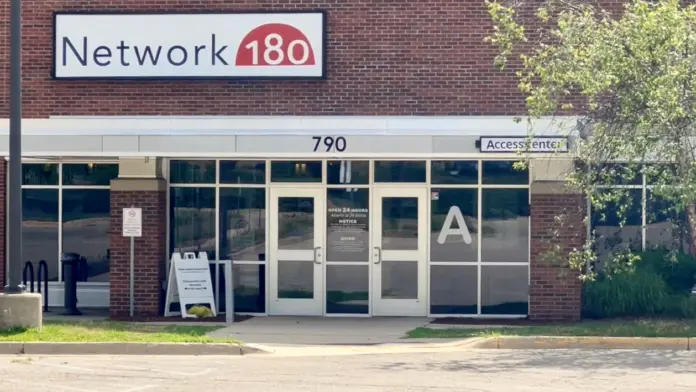
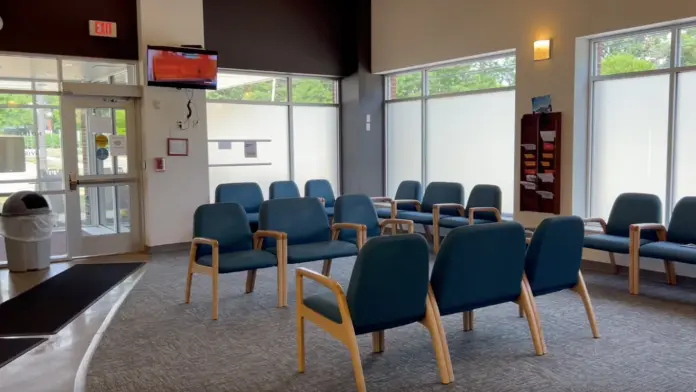
| |
Grand Rapids, Michigan | Alano Club of Kent County, located in Grand Rapids, Michigan, is a membership organization that serves individuals who are navigating recovery from an addiction struggle. Born with the mission to support recovering alcoholics, today the club offers various support groups for those navigating narcotic recovery as well. The Kent County Alano Club has | Treatments Programs Payment Options | They saved me, more than they'll ever know!
Michelle Taylor
1 week ago
A great place for those in recovery to find help and community. 💕
Eve Eikenberry
4 months ago
The Alano Club of Kent County AKA "The North Club" is a safe haven, a sanctuary for all those fighting with their addictions. Serving people from all walks of life it brings us together to share and protect us from our demons. I have been a member for years. Please come and know that once your here please "keep coming back".
RTBG Lúc (ART)
1 year ago
| ||
Boca Recovery Center – Bloomington Alcohol & Drug RehabAd This is an ad and Boca Recovery Center – Bloomington Alcohol & Drug Rehab is a paid advertiser. Paid advertisers may be listed first in search results. This ad may contain content provided by the advertiser. Rehab.com does not verify ad content or any reviews that are displayed. Learn More | The Boca Recovery Center is a luxury alcohol and drug rehab center for adults in Bloomington, Indiana. They specialize in cutting edge addiction treatment provided in a residential setting. One unique part of this alcohol and drug rehab in Indiana is the peaceful, secluded setting. If recovering in a clinical hospital setting doesn’t sound very a | Treatments Programs Payment Options | View Website (930) 203-1400 | Boca Recovery Center – Bloomington Alcohol & Drug Rehab has no reviews yet. Leave a review.
| 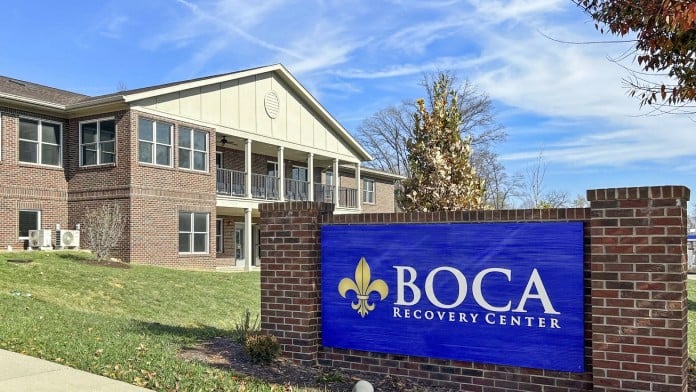
6 6 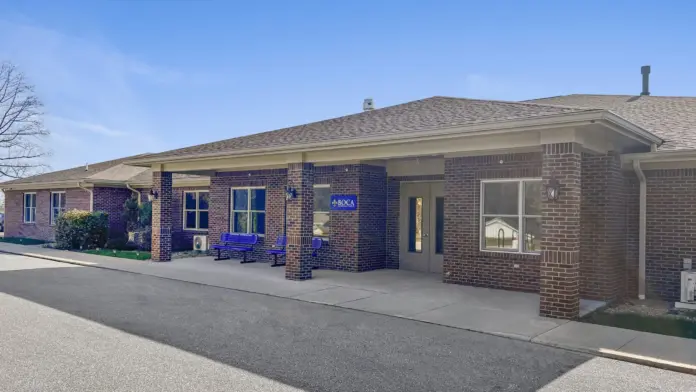
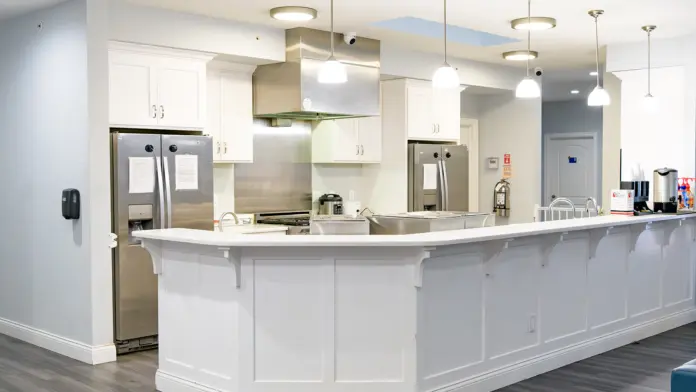
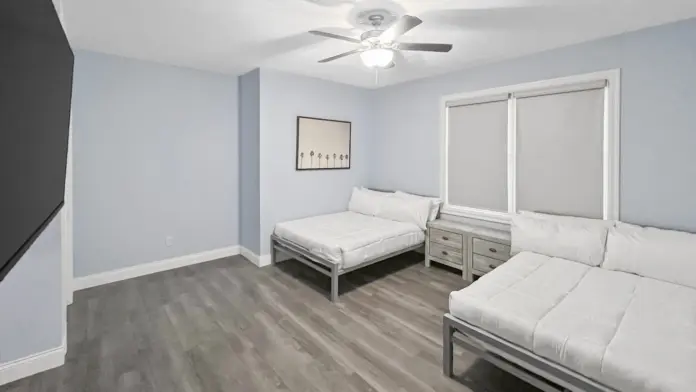
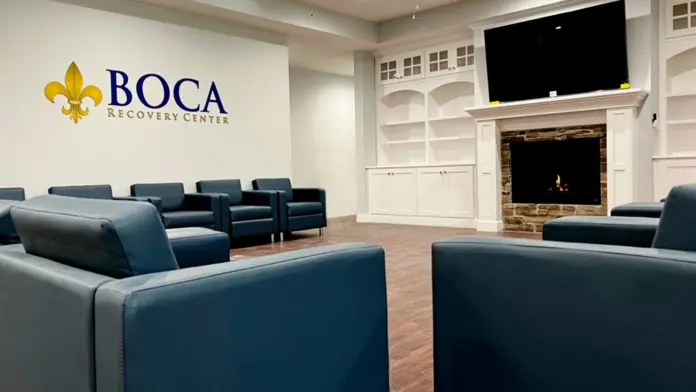
|
Grand Rapids, Michigan | Catholic Charities West Michigan is a nonprofit organization located in Grand Rapids, Michigan. They provide services to homeless and low income individuals and families. They offer counseling for many different types of mental health conditions including substance use disorder and alcohol use disorder. The therapists who work here are all trained | Treatments Programs Payment Options | Amazing counseling staff and enjoy my time when I'm there for group
Rachel “RaeRae” Weaver
3 months ago
Great organization, offers a lot to the community.
Jenne LePard
1 year ago
Great people to work with 🙂
Carla Iraheta
4 years ago
| 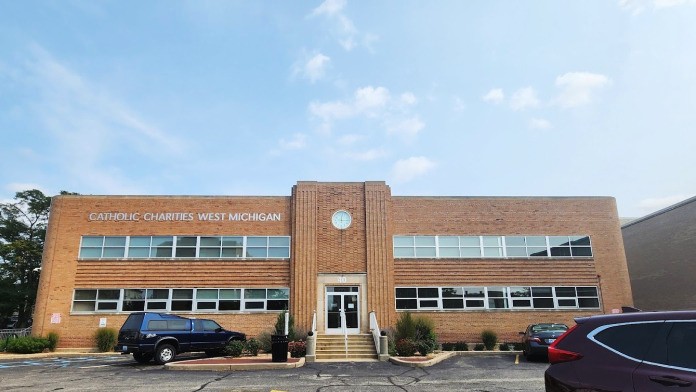
2 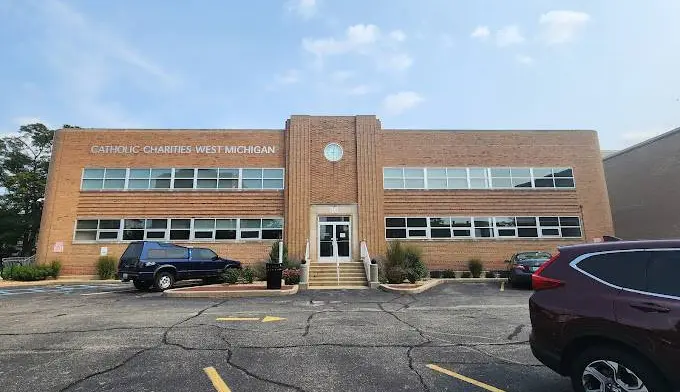
| |
Grand Rapids, Michigan | Cherry Health–Cherry Street, in Grand Rapids, Michigan, provides outpatient mental and behavioral health care for youth and adults, including medically supervised ambulatory detox, medication assisted treatment (MAT) and intensive outpatient (IOP), general outpatient (OP), and aftercare programming. Dedicated services are available for adolescent | Treatments Programs Payment Options | Thank god for emergency walk-in and don’t let the low rating fool you..this place deserves a much higher rating…I was suffering from the night before when my molar went hot and had to wait till they open at 8am and was already in the back by 8:30 and home by 10…Lluvia was the dental assistant and she was absolutely amazing…I was definitely nervous and she was a calming presence and I’m sorry I don’t remember the future humming dentists name but he was also fantastic..never felt the shots or when he removed my teeth..I do remember he said he only had 2 months to go and maybe move to St. Louis after working with his dad for a bit who was also a dentist …thank you both so much for everything you did for me!!
Jake Dewey
5 days ago
Very clean facility and helpful staff overall. Joanne Sherwood is the best doctor I've ever had! Makes you very comfortable, really listens, and you can tell she loves what she does. 10/10 recommend.
Madison Newman
2 years ago
You HAVE to stay in CONTACT with them to get the BEST CARE! As long as you're double checking ALL your info and on the ball, you CAN get good Care here. (If you're allowing them to do the "extra" work, they DO NOT HAVE TIME. They are taxed with helping so very many people, they/you can get confused. They also have A LOT of "Partnerships" with other facilities. That's where CONFUSION CAN HAPPEN! Be AWARE, Call, Confirm and Double Check...You should be in good care! Just KNOW that if YOU Pay Attention Your HealthCare goes a lot smoother! The Cherry Health Partnerships have allowed me to begin to get better. I didn't know I was positive for hep c. They have a "program" for darn near Everything! Call, ASAP!
D Anderson
3 years ago
| 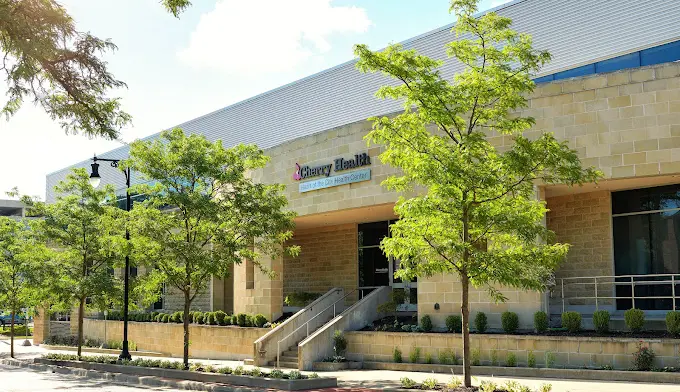
2 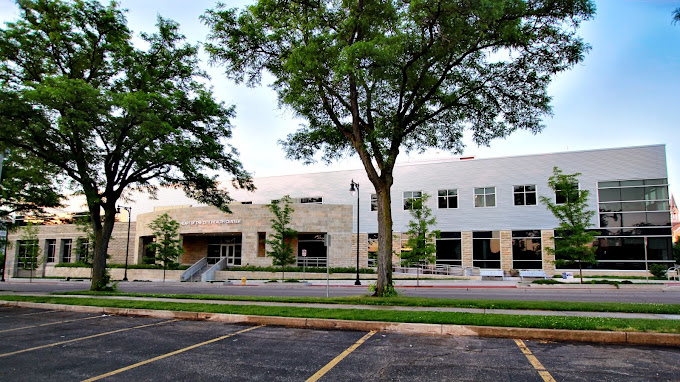
| |
Grand Rapids, Michigan | In Grand Rapids, Michigan, God’s Kitchen is more than just a place to enjoy a meal It’s a crucial support system for individuals and families dealing with food insecurity while navigating other serious concerns, such as addiction. A Comprehensive System of Care in Western Michigan While addiction recovery services are not provided directly at t | Treatments Programs Payment Options | Truly doing God's work 🙏
White Wolf
1 year ago
Great food and caring people! The nicest people volunteer and work here. They truly care about helping people here and it shows.
There are also times when they give out necessities like socks, gloves or mittens, and winter hats right there in the dining room!
It is a very awesome place that is very helpful to people who are down on their luck. You will get a wonderful warm meal at the very least. Sometimes, they even give out a second meal to take with you. Not every day, but once in a while.
It definitely helps people who don't have a lot of money or food stamps, to get a good healthy meal in their belly at least once a day.
God bless you all for your kindness and caring hearts! ❤️❣️❤️❣️❤️❣️❤️❣️❤️❣️❤️
Corrin Rodriguez
1 year ago
Feeding the hungry who can find this hidden gem through the power behind a volunteer's initiative...
Not to mention, the reception hall is quite lovely in and of itself and boasts beautiful artwork and photographs of patrons who graciously accepted their free meals on the house.
With love and appreciation,
Thank you God's Kitchen.
Amber Rose Zigterman
1 year ago
| 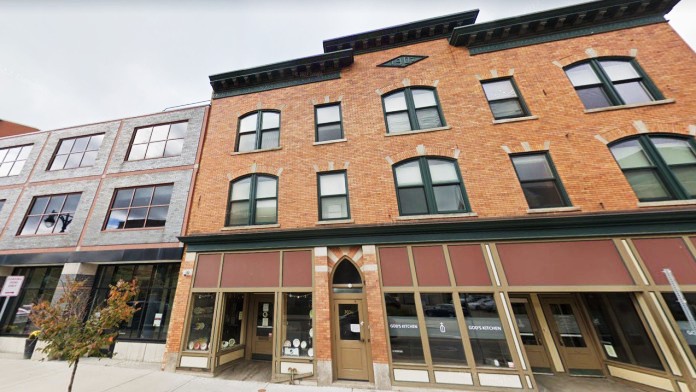
| |
Grand Rapids, Michigan | The Fountain Hill Center for Counseling and Consultation is a mental health center located in Grand Rapids, Michigan. This is a not-for-profit collection of therapists who offer group and individual counseling, court services and couples counseling. Children and adolescents can also access counseling to help with their psychological development. Th | Treatments Programs Payment Options | The center is housed in a historic home, giving it a much cozier feel than traditional counseling locations. They offer a comprehensive range of mental health services. The facility is always super clean, contributing to a serene and peaceful environment. Instead of the usual waiting room, you usually go straight to your therapist. This setup makes it easier to feel comfortable, a significant plus when doing therapy. This center is a refreshing change from the more clinical, medical facility-like counseling locations.
Gerid Adams (Wired4Sound)
2 years ago
I like it here; warm, welcoming, safe - I’ve been seeing Jessica Gladden for a few months now and there are noticeable improvements to my self esteem, relationships building, and overall quality of life. ❤️
Jessica Gaffney
4 years ago
Within my family we have seen several therapists here and have been very satisfied
Jessie LubbersBishop
4 years ago
| 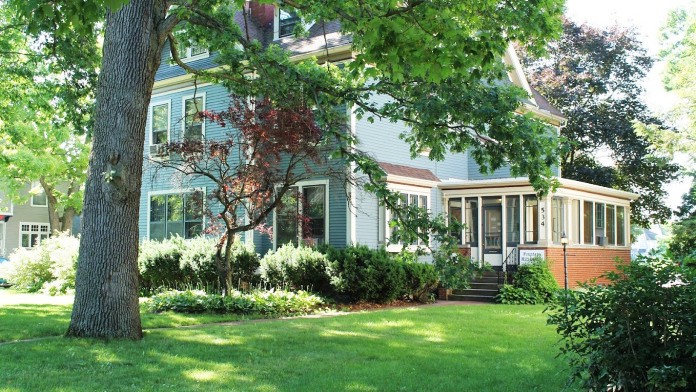
| |
Grand Rapids, Michigan | Pine Rest - Psychological Consultation Center in Grand Rapids, Michigan, is a faith based mental health service provider. At this center, children, teens, and adults work with a team of professionals to find the best treatment plan for their dual diagnosis or substance use disorder. Pine Rest helps connect individuals like you to treatment and reco | Treatments Programs Payment Options | I was referred by my provider to the consultation center for psychological testing and felt like I received great care from the staff.
The front desk staff were very friendly and prompt, and the doctor and assistant were knowledgeable and kind.
My psychoanalysis when reviewed with my provider was deemed accurate and insightful, and I was provided with great recommendations for resources to look into.
While I can’t speak for other services provided, I would recommend this facility for anyone looking to have diagnostic testing performed.
Lindsey May
11 months ago
Everyone from the receptionists, to the psychometrist to the undergrads were kind and informative.
Raelyn
1 year ago
Went for an adult ADHD evaluation and had a wonderful experience. I was originally booked for an appointment 5 months away but being on the cancellation list allowed me to get my initial interview about 2 months after referral and the evaluation and final diagnostic result appointment were scheduled about 2 weeks after my first interview. Dr. Hill-Lee made the experience easy and efficient and was a wonderful doctor to work with.
Sarah Wood
1 year ago
| 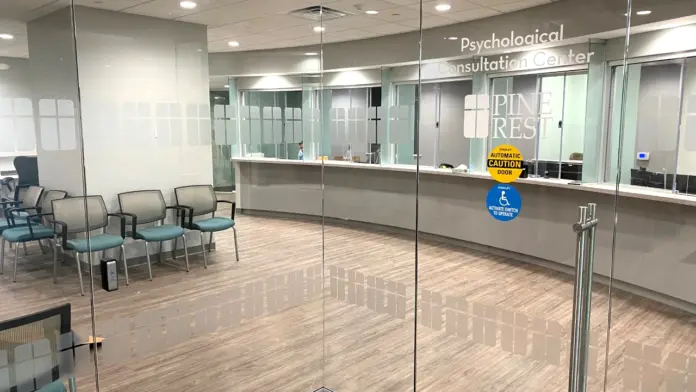
6 6 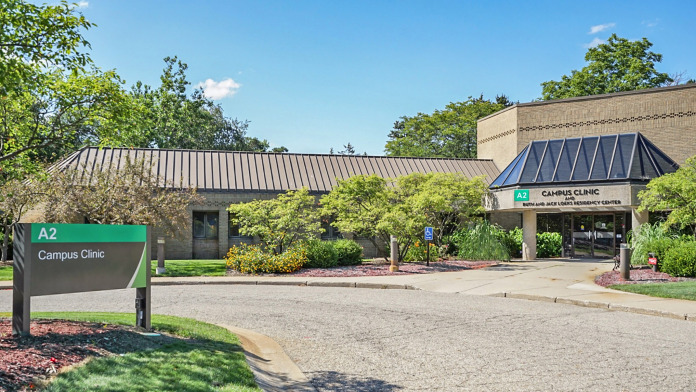
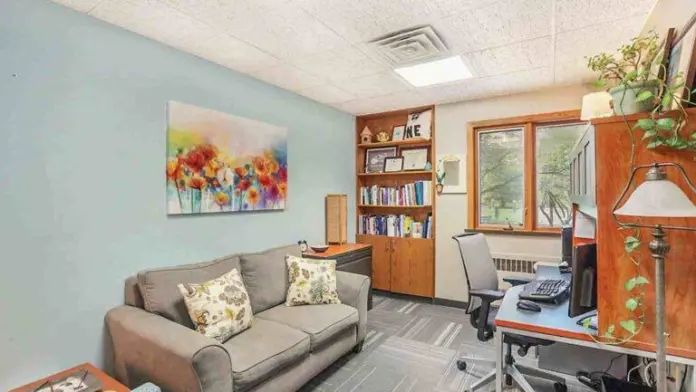
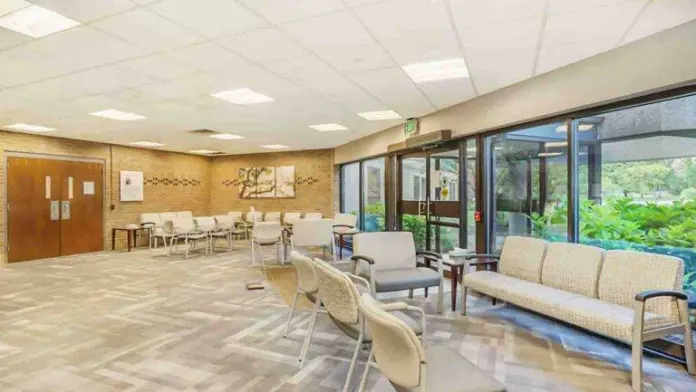
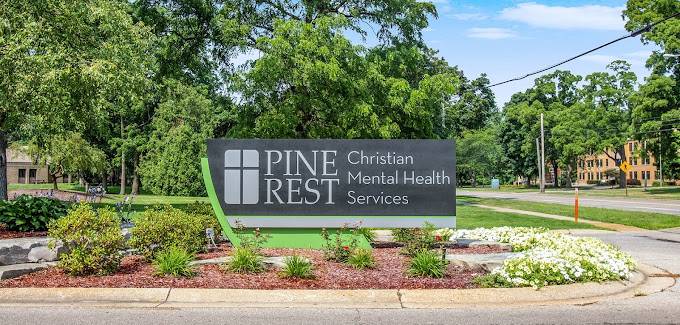
| |
Grand Rapids, Michigan | Forest View Hospital is a Joint Commission accredited psychiatric hospital with inpatient and outpatient programs. The hospital is at 1055 Medical Park Drive SE in Grand Rapids, Michigan. The treatment team specializes in substance use and co occurring mental health disorders as well as eating disorders and treatment for psychological trauma. The b | Treatments Programs Payment Options | I was here many years ago and I had a good experience.
I have also been in Pine Rest. Looking back, I think both hospitals were a good thing for me.
Heather I. Sage
3 weeks ago
My son was just discharged from here and has nothing but good things to say about Forest View and the care he received while he was there. The first couple days were hard for him to adjust which was expected, but after that everything went very well. I was definitely way more worried than I needed to be. Reading the reviews after he was already there was the worst thing I could’ve possibly done for my own mental health. Definitely don’t believe everything you read on the internet (not saying some of it’s not true).
He’s honestly a changed kid and I really hope it stays this way 🤞 Thank you for all you did to help my Aiden💕
Lisa Daniels
1 month ago
Lenn, Jacqueline and Princess were awesome. Thank you :)
Amanda Reade
2 months ago
| 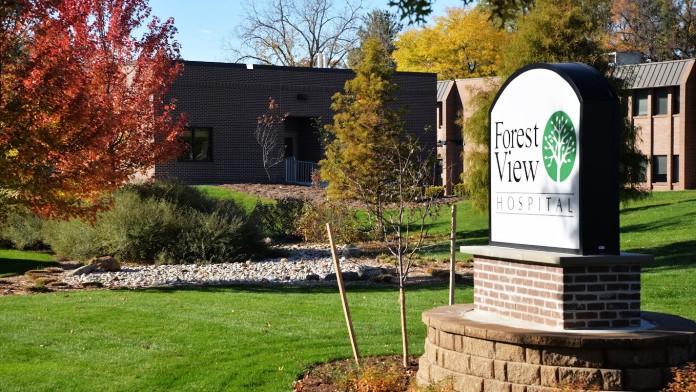
| |
Avenues Recovery Center at IndianapolisAd This is an ad and Avenues Recovery Center at Indianapolis is a paid advertiser. Paid advertisers may be listed first in search results. This ad may contain content provided by the advertiser. Rehab.com does not verify ad content or any reviews that are displayed. Learn More Indianapolis, Indiana | Avenues Recovery Center at Indianapolis is a 144 – bed detox and residential rehab facility offering drug and alcohol addiction treatment. Located in the heart of Indianapolis, Avenues offers an evidence-based clinical program, comprehensive medical care, and custom MAT options – consistently yielding highly effective results. Its multidisc | Treatments Programs Payment Options | View Website (463) 221-4959 | Avenues Recovery Center at Indianapolis has no reviews yet. Leave a review.
| 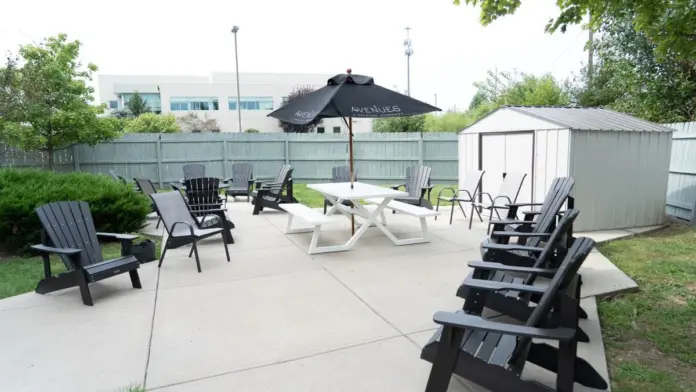
6 6 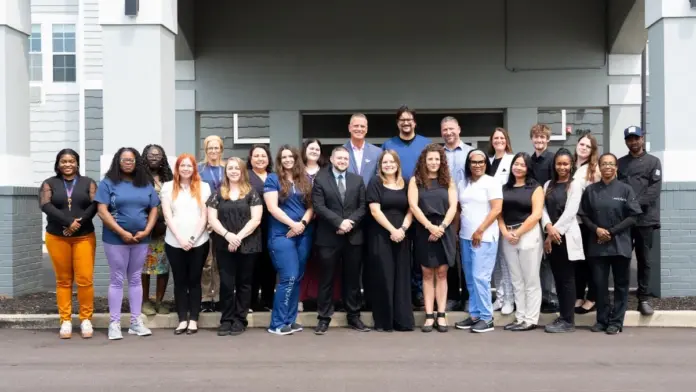
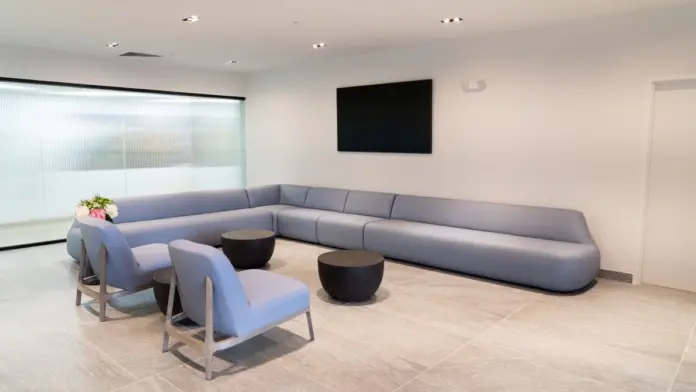
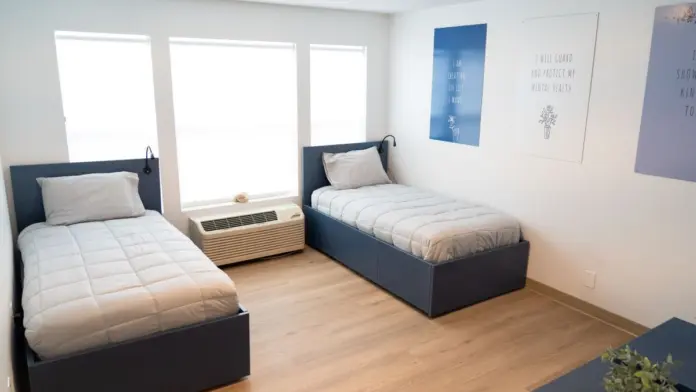
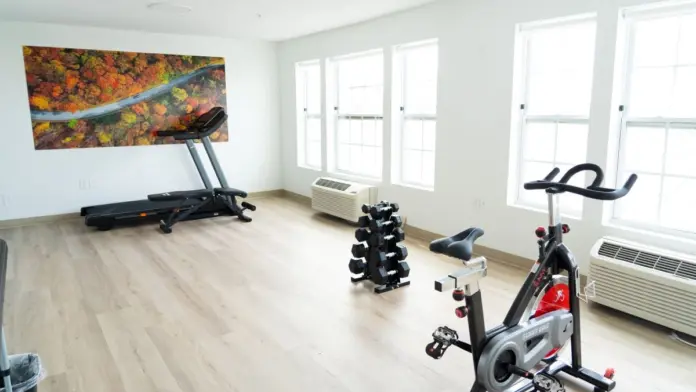
|
Grand Rapids, Michigan | North Kent Guidance Services of Grand Rapids, Michigan, is a substance abuse and mental health treatment facility. They serve adults, children, couples, and families with a full range of outpatient services. Their staff can provide flexible scheduling, including evening and Saturday appointments. Outpatient care is typically what people picture to | Treatments Programs Payment Options | I went to Kent for an ADHD screening. Everywhere else was booked 6 months out, but Kent was able to start the process for me within 2 weeks. The whole process took under a month. I can’t even begin to express how grateful I am for a smooth and timely process. Dr. Chris Ehle was to the point, kind, and welcoming. The ADHD tester I had, Max, made me feel welcome. He did great at explaining the tests and directions to me, and helped to calm my nerves as I was VERY nervous and not knowing what to expect.
I think most of the negative reviews on here are from people who don’t understand the process of ADHD testing, how insurance is billed, or just unhappy they didn’t get the diagnosis (drugs) they wanted.
I’d definitely go to this place again. The front desk lady was also very kind and FAXed my results over to my doctor and therapist super quickly. Thank you Kent!
Devin
3 weeks ago
I had a great experience here with my adult adhd assessment. It changed my life.
While I was initially actually diagnosed with adhd when I was 11, since my parents chose not to medicate me or what not and hoped I’d “grow out” of it, my adhd went untreated and apparently undocumented. Started seeing a psychiatrist and since we couldn’t track down the documentation, I needed to be retested at 30 years old before we could try certain meds.
Sure enough, the adhd combined results spoke for themself. I actually also have anxiety, ocd (pure O), and depression, too. My psychiatrist and I started the med trial and error period, and after 4 months consistently on my two meds (Vyvanse for adhd, Prozac for the others,) I can honestly say my quality of life has increased dramatically. I’m doing better at work and in my personal life.
North Kent changed my life!! Also, I went in thinking “what if I don’t actually have adhd,” and I realized well, if I don’t, the test will at least answer that and give me other answers for what’s actually going on. No matter what, you’ll get answers and will have guidance for the next steps. Highly recommend this place.
Emily Cobb
1 year ago
I have had nothing but good experiences with North Kent. My counselor is kind, supportive, and knowledgable, and the staff has always been helpful, no matter what I've had to call about.
Melissa Wallace
1 year ago
| 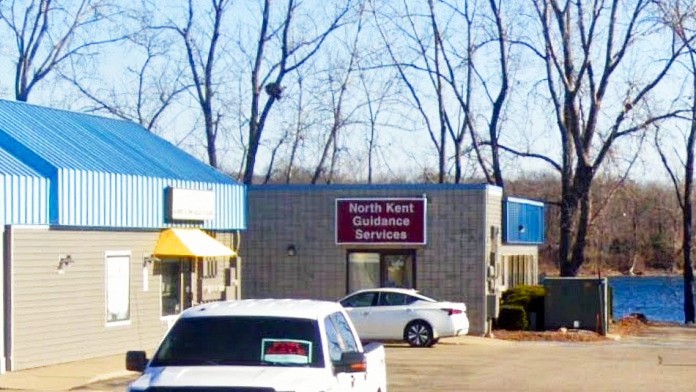
| |
Grand Rapids, Michigan | At the Retreat Clinic, we focus on addiction — providing outpatient therapy, addiction medicine services, outpatient opioid detoxification and family support. Opioid Detoxification Program Primarily treating patients who are physically dependent on opiates and suffer from the disease of addiction, the outpatient opioid detoxification program is a | Treatments | The staff is so helpful, kind and caring! Very knowledgeable and patient. The programs are great and easy to get into. Highly recommend for anyone looking for help!
Grace Anne
2 years ago
These were taken at the duck pond at Pine Rest.
Becci Schumaker
6 years ago
| 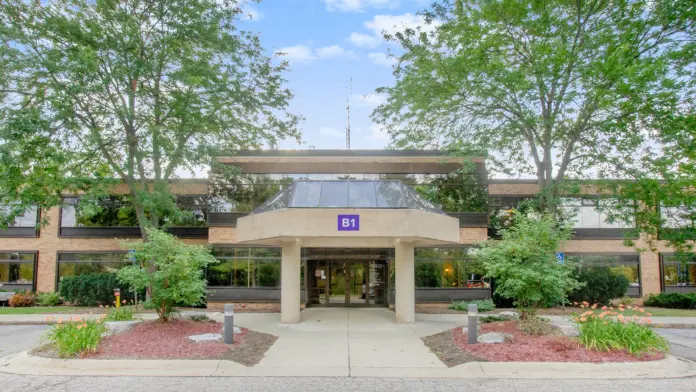
| |
Grand Rapids, Michigan | If you’re in recovery and looking for a safe substance-free place to live, Oxford House Lake Michigan might be exactly what you need. Located near the shoreline in Grand Rapids, Michigan, Oxford House offers more than just a roof over your head. This sober living home gives you a chance to build your life back up alongside people who truly get wh | Treatments Programs Payment Options | This rehab doesn’t sugarcoat recovery, it’s intense, honest, and exactly what I needed to rebuild my life. They taught me accountability, discipline, and self-worth. If you’re ready to change, this is where it happens. Tough love, real support and lasting results. This was the hardest thing I’ve ever done, but also the best. The program challenged me mentally, emotionally, and spiritually.... Those challenges were vital and needed to break old patterns and live life a new way. Clean and sober since Feb 25, 2025.
Cassie Spanke
3 weeks ago
It changed my life!!!!
Timothy TerMolen
1 year ago
An organization that is making a difference in this world.
Mike
2 years ago
| ||
Grand Rapids, Michigan | NuPoint Services can be found on 44th Street SE in Grand Rapids, Michigan. They focus on treating your addiction through their wellness initiative, therapy services and neurobiology. They are located in a standalone facility with onsite parking for you and your family. Nearby are fast food restaurants, retail stores, local businesses and the beauti | Treatments Programs Payment Options | This was one of the OG, Help Clinics, and Its very appreciated that One is treated with as Much- Honor, and Dignity, . Head and Shoulders above the rest
Matthew DeWard
7 months ago
Theyare wonderful. Way better than Western Michigan Treatment Center. Things are done orderly so people aren't fighting in line daily. Nice and clean. Your treated with respect. Billing is upfront unlike the other place named.
Kylie Bronner
3 years ago
Private.
Tim Rollenhagen
4 years ago
|

Grand Rapids is the 32nd most expensive city nationwide for addiction treatment affordability, with an average cost of addiction treatment of $62105. This is higher than the average cost of $56508 for addiction treatment in Michigan and higher than the national average cost for drug rehab of $57,193.
The costs of drug and alcohol rehab in Grand Rapids vary widely and depend on several factors, including:
The costs of addiction treatment listed for cities and states are averages based on the cost of medical detox, inpatient rehab, outpatient rehab, and medication assisted treatment. These averages are high due to the cost of medical detoxification and residential inpatient rehab programs.
These numbers also reflect the raw cost of drug rehab, before any insurance coverage. The typical individual seeking addiction treatment can expect to pay much less for outpatient or intensive outpatient services than the averages listed below.There are many ways to pay for drug rehab in Grand Rapids. Most rehab treatment centers accept cash or self-payment, as well as private health insurance. However, there are many treatment centers in Grand Rapids that accept Medicaid and Medicare, or offer sliding scale payments or other low-cost payment options. Here's the complete breakdown of how to pay for addiction treatment near Grand Rapids.
UnitedHealth Group is the most widely-accepted insurance for drug rehabs in Grand Rapids, with 11 treatment centers in the city accepting their insurance. Aetna is the 2nd most popular with 9 treatment centers accepting it followed by Blue Cross Blue Shield in 3rd accepted by 9 drug rehabs.
Grand Rapids has the 10th highest rate of drug use nationwide among nearly 400 cities surveyed. This number reflects the combined use of cocaine, heroin, meth, and marijuana, displayed individually below. The percent shown for each drug represents the number of residents in Kent county that have reported ever using the following drugs, so these numbers should not be interpreted as direct evidence of current drug use in Grand Rapids or Kent county as a whole.
In 2023, Grand Rapids had the 135th highest number narcotics violations out of 330 cities nationwide, with a total of 539 reported drug-related incidents that year. This includes cases of public intoxication, drug arrests, narcotics found during house calls and traffic stops, and any other drug-related crime.
Keep in mind these numbers are dependent on accurate record keeping and reporting laws by local police and sheriffs, and may not fully reflect all drug related crime in Grand Rapids.All values are per 100,000 population.
Source: https://cde.ucr.cjis.gov/LATEST/webapp/#/pages/explorer/crime/crime-trend